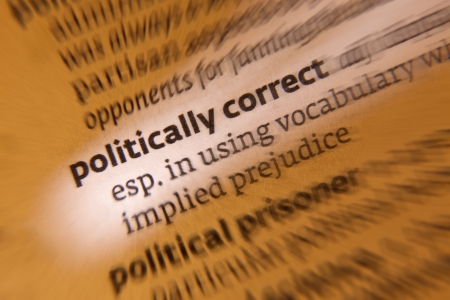
The Grey Cup eluded the Edmonton Eskimos again this year, but that’s not the worst of the team’s troubles: the political correctness refs want it to lose its name as well.
The club chose its regrettable label in 1949, but it had been widely used by other Edmonton football squads for more than 50 years. No one thought anything of it.
Indispensable to growing up in mid-century was knowing degrading descriptions for every possible minority. Alas, we made full use of this subversive lexicon. But Eskimo was the proper designation for the aboriginals of our North and was not part of it.
This all changed in the ’70s when the word was proclaimed pejorative; it supposedly meant eaters of raw flesh. The people it described were justifiably annoyed and civilized Canadians were sympathetic.
So we switched to the less offensive and presumably more accurate Inuit. The football team stayed the course. However, the whole kerfuffle was the result of sloppy scholarship: turns out that Eskimo really means to net snowshoes.
No matter. The Inuit don’t like Eskimo because it’s not in their language. And no one wants to go back, unless it’s the members of the sign painters’ and stationery printers’ guilds. But I often wonder if things would have gone this far had it not been for the linguistic flub. While Eskimo is no longer used in Canada or Greenland, it endures in Alaska and Siberia.
The early political correctness wardens performed an important service for dignity and equality when they purged from public discourse the obnoxious expressions of my boyhood. But they picked all the low-hanging fruit. Now we face a generation of more determined enforcers, and they’ve brought their ladders! These are people with solutions in search of problems:
This fall the Toronto District School Board expunged chief from some titles, such as chief financial officer, apparently because aboriginal people are sometimes referred to as chief in a derogatory way.
Around the same time a Massey College senior fellow evoked slavery when he asked a black student in the presence of the college’s master: “You know this is your master, eh? Do you feel the lash?” This was clearly racist and the scholar was forced to resign. But Massey College went further and announced that its head will no longer be called master because of the word’s overtone.
We should ban words meant to offend a minority and which, in fact, do just that. However, we cannot altogether prohibit commonly used words that may be offensive in a narrow application.
Certainly chief and master are in this second category. And I would argue that a besieged football team’s innocuous brand also belongs there.
Perhaps it’s time for us to lighten up.
~~~
Previous “Wasted Words” post: Wasted Words: Verbal Abuse.
The Editors’ Weekly is the official blog of Editors Canada. Contact us.
Discover more from L'HEBDOMADAIRE DES RÉVISEURS
Subscribe to get the latest posts sent to your email.
